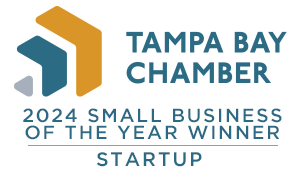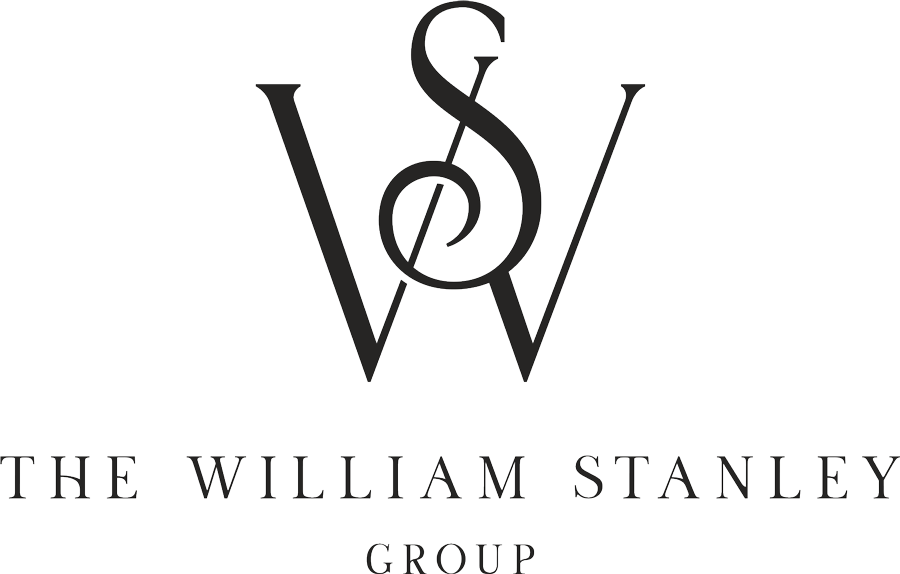There are few things that erode trust faster between a business owner and their strategic partner than the dreaded hourly invoice.
You know the kind —
Surprise charges for vague line items like:
-
"Thought about strategies for cash flow improvement (0.75 hrs)"
-
"Internal discussion on possible client initiatives (1.0 hr)"
As a business owner myself, I know exactly how that feels.
Because true partners don’t itemize every moment they spend thinking about your business.
True partners deliver outcomes — not hours.
Out of more than 30 engagements, we've used hourly billing only twice — and only as a short-term bridge while we finalized the right structure for the client.
Because when you view the relationship as a strategic partnership — not just a transaction — billing by the hour simply doesn't fit.
Fixed Price Engagements vs. Hourly Billing: What's the Difference?
In business, there are times when hourly billing makes sense — particularly for highly technical, transactional, or short-term work.
Fields like legal services, IT troubleshooting, and specialized consulting often operate effectively under an hourly model.
But when it comes to building long-term, strategic partnerships, hourly billing usually creates friction — not alignment.
Here’s why:
-
Hourly billing charges clients for every increment of time spent, often in 6-minute or 15-minute blocks. Whether a task moves the needle or not — you pay for it.
-
Fixed price engagements, by contrast, define the scope upfront, set a clear investment, and focus entirely on outcomes — not inputs.
Pro Tip: While hourly billing has its place, transformational partnerships are best built on clear scope, aligned expectations, and shared outcomes — not a running clock.
Why We Choose Fixed Price Engagements
1. Strategic Alignment
We’re not selling time.
We’re not selling deliverables.
We’re transforming businesses.
We’re strengthening leadership.
We’re supporting growth through financial clarity and insight.
You’re not engaging us to log hours.
You’re engaging us to move your business forward — to build an infrastructure that lasts and empower better decisions at every level.
And real strategy doesn't only happen behind a desk.
It happens while thinking, observing, and embedding ourselves in your world — whether that's at the office, at the car dealership, or standing on the sidelines of your biggest sales meetings.
Because that’s what true partnership looks like.
Pro Tip: Strategy doesn’t punch a time clock — and neither should your strategic partner.
2. Trust and Transparency
Hourly billing creates an invisible barrier.
It discourages questions. It discourages collaboration. It discourages candor.
With fixed price engagements, clients know they can call, brainstorm, pivot — without wondering how much the next phone call will cost.
When trust is high, communication flows freely.
When trust is low — or if clients worry every conversation will come with a price tag — even the best partnerships crumble.
Pro Tip: If you want your team (and your advisors) to lean in fully, eliminate hidden fees and fear-based communication first.
3. Budget Predictability
Entrepreneurs and executives hate surprises — especially financial ones.
Hourly billing creates uncertainty.
Fixed price engagements create clarity.
When you operate under a fixed price model:
-
Budgeting becomes easier
-
Cash flow becomes more predictable
-
Decision-making becomes faster and more confident
You’re never left guessing how much the next month’s invoice will be.
You know what you're investing — and what you're getting.
Pro Tip: Financial predictability fuels stronger leadership — not just stronger numbers.
4. Clear Scope and Shared Expectations
Fixed price engagements demand real discipline — on both sides.
-
We define the scope precisely.
-
We align expectations upfront.
-
We leave as little room as possible for ambiguity or confusion.
Everyone knows exactly what’s included.
Everyone knows the goals.
Everyone knows what success looks like.
That clarity protects the relationship — and accelerates results.
Pro Tip: Set the right expectations early. Protect the partnership by scoping thoroughly, and revisiting scope respectfully as needed.
Why Hourly Billing Fails Strategic Partnerships
Here’s the uncomfortable truth:
Hourly billing rewards inefficiency.
The longer something takes, the more money the provider earns.
The less clear the deliverables, the harder it is to track true value.
The more "touchpoints," the bigger the invoice — even if little progress is made.
That's backwards.
Strategic partnerships should be:
-
Focused on impact
-
Aligned to outcomes
-
Motivated by results — not more billable time
If the clock is always ticking, the relationship will always feel transactional.
It will never feel transformational.
When strategic partners are focused on impact — not activity — businesses move faster, with greater confidence, and far better results.
How We Handle Unscoped Engagements
Occasionally, we meet a prospective client who isn’t yet clear on what they need.
Maybe the business is in flux.
Maybe leadership turnover has created uncertainty.
Maybe financial data isn't yet solid enough to define next steps.
In those rare cases, we temporarily operate under hourly billing — but always with a clear mutual goal:
-
Scope the work
-
Fix the price
-
Establish the partnership
Because transformational work demands structure.
And structure drives results.
Pro Tip: Hourly billing should be a short bridge to clarity — not a permanent model for strategic leadership.
Final Thought: Stop Paying for Time. Start Investing in Outcomes.
At The William Stanley Group, we don't think in hours.
We don't measure value in six-minute increments.
We measure value in strategic clarity, stronger leadership, and business growth.
Pro Tip: A strong financial partner doesn’t track minutes — they track impact.
If you're ready to experience a smarter, stronger, and more strategic financial partnership, let's talk.
Because real success isn’t built 15 minutes at a time.
It’s built through relationships, discipline, and lasting results.




